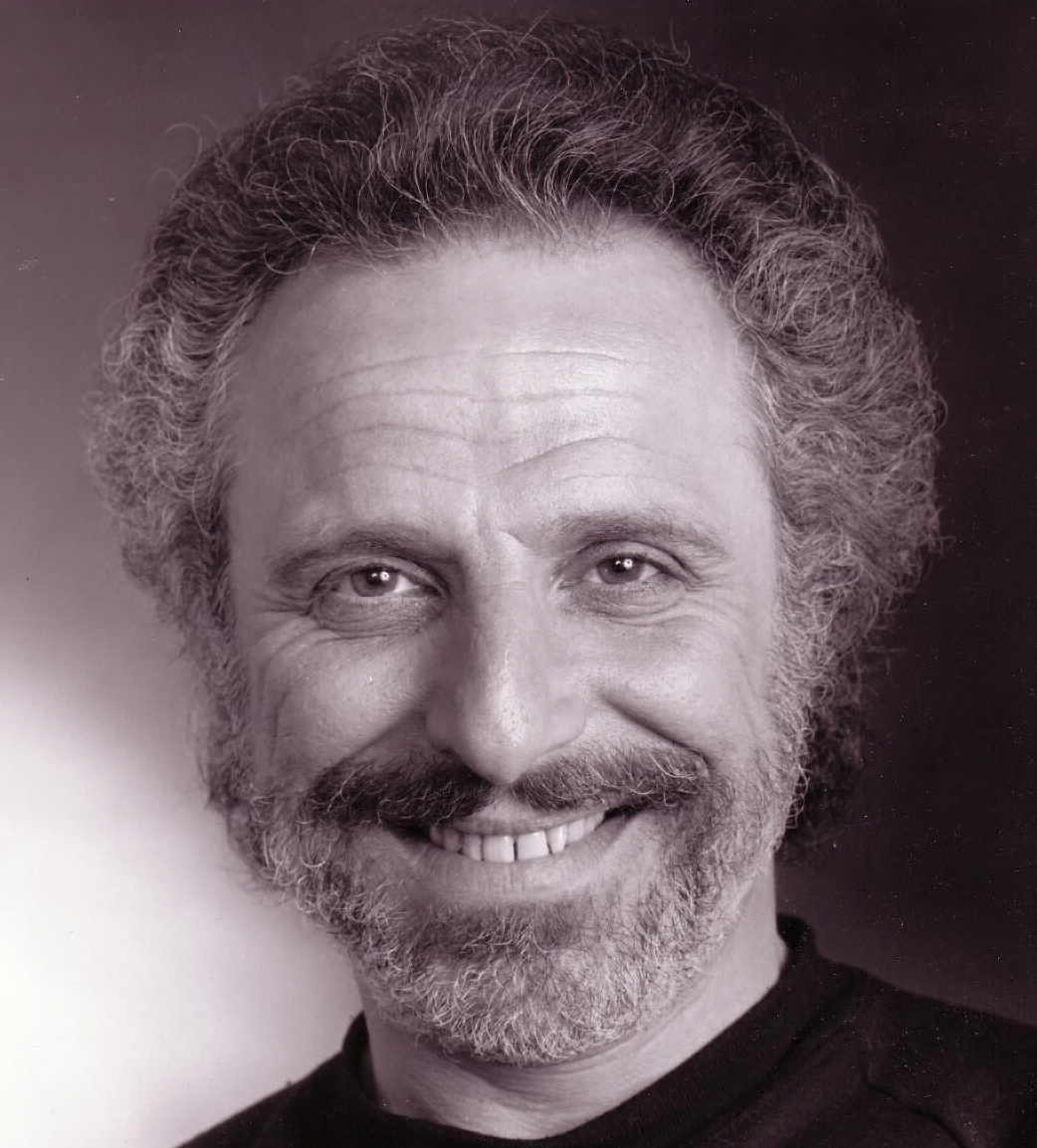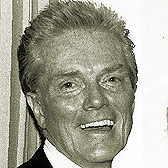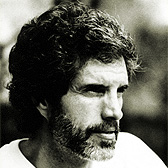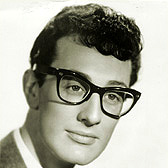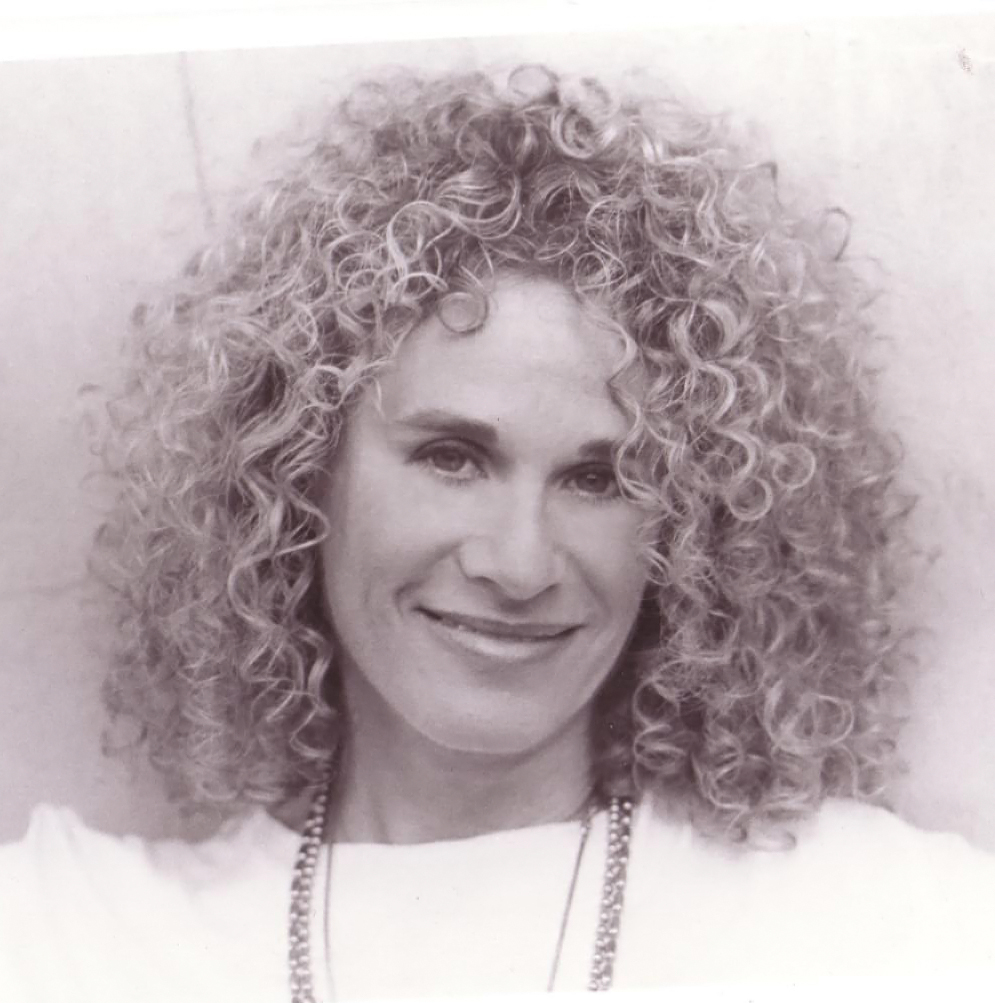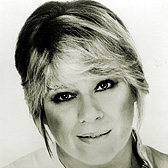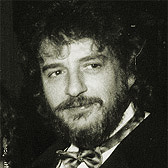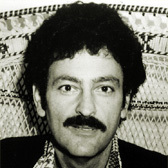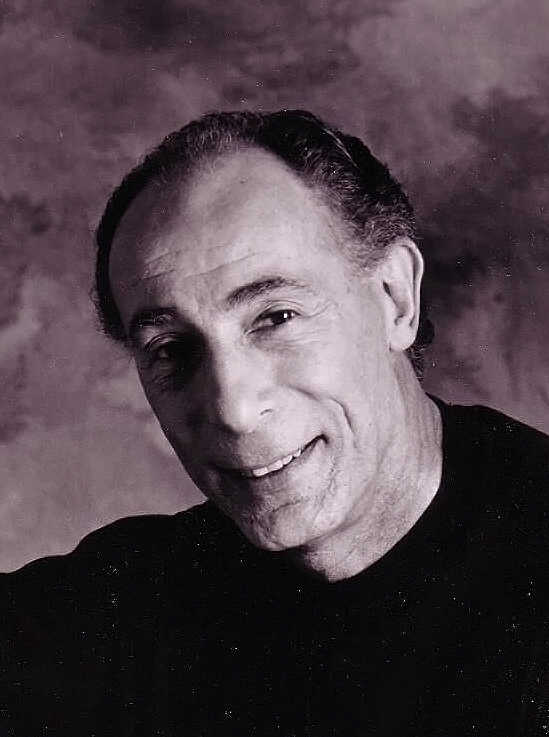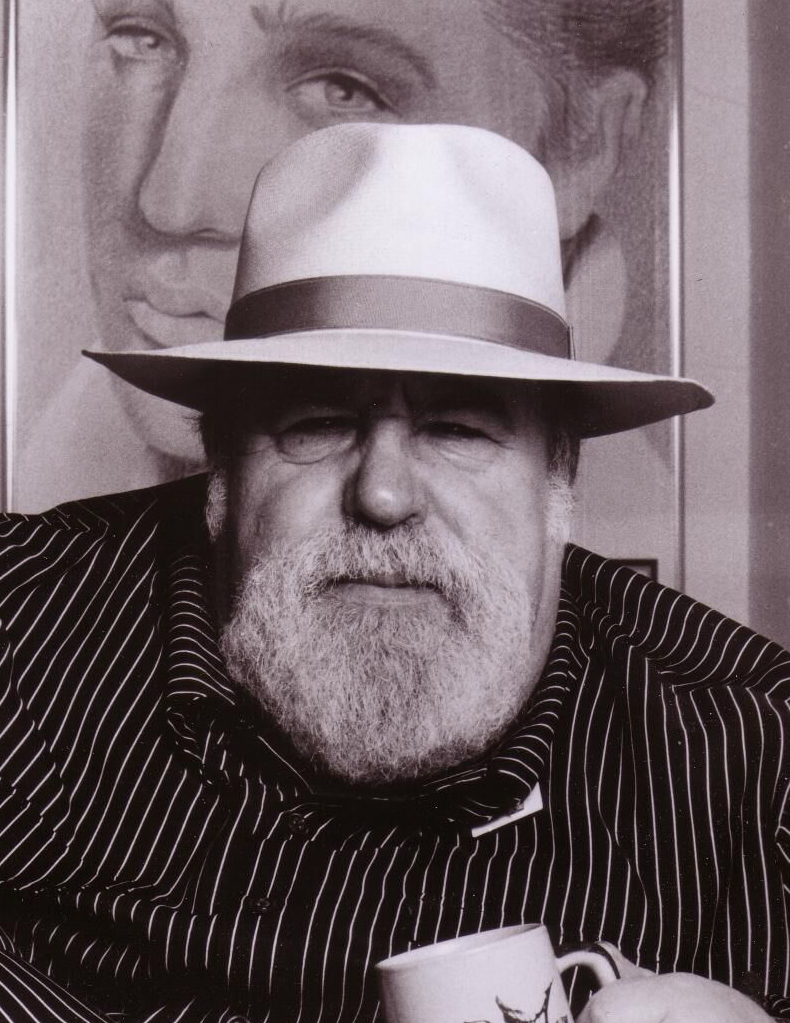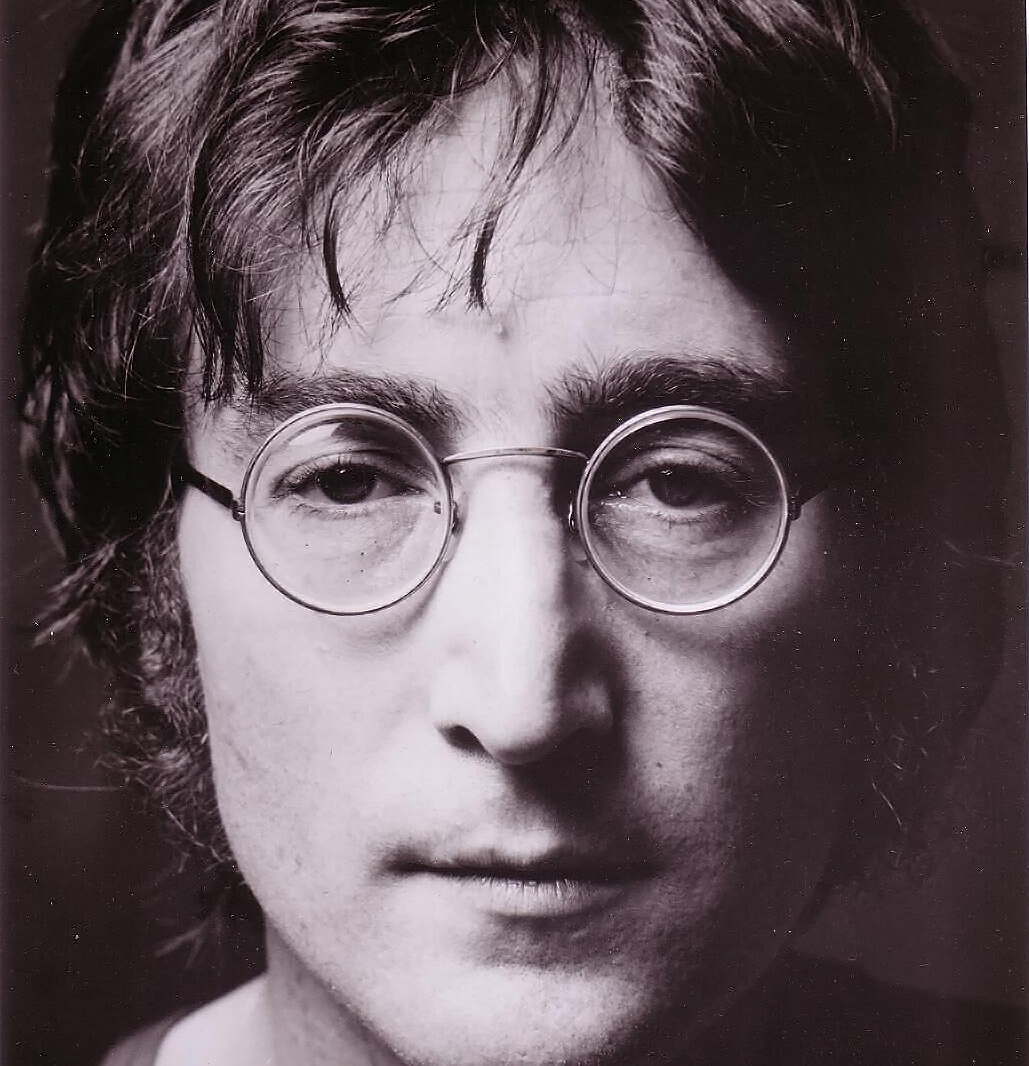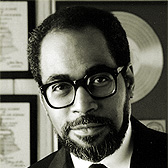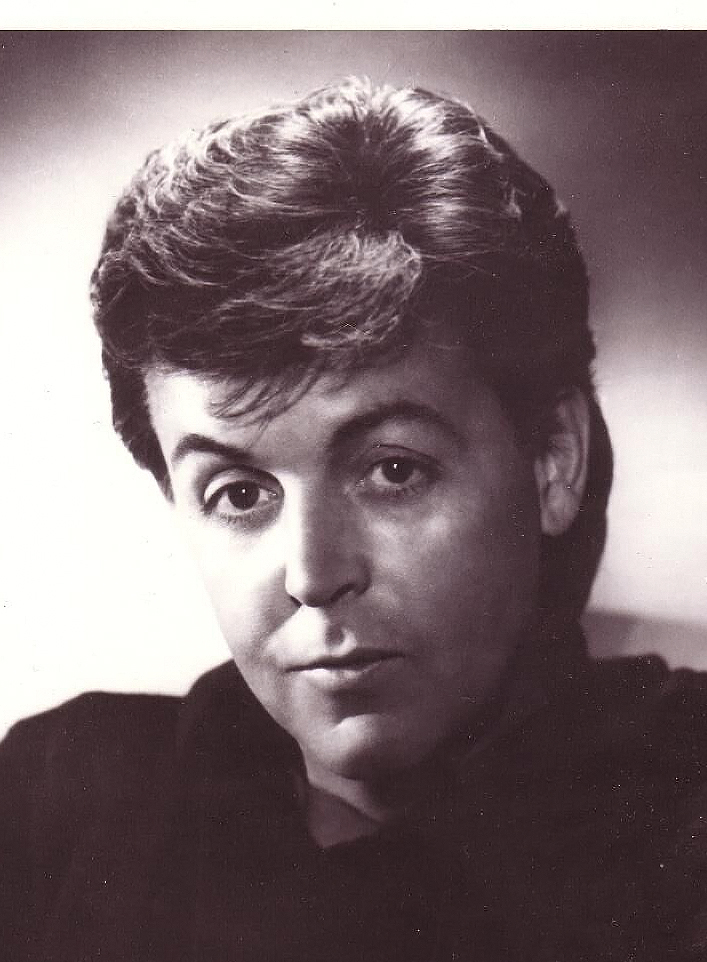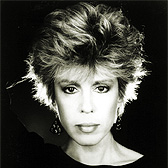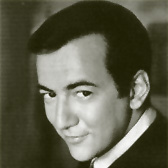
Grammy-winning singer/songwriter, Oscar-nominated film and TV actor
Bobby Darin
InducteeWon Grammy for "Mack the Knife" in 1959
Bronx-born Bobby Darin was one of those many star personalities of the mid-'50s and '60s, whose on-stage and recording skills belie the underlying talent of songwriting. In fact, Darin was an early example of what came to be known as the singer/songwriter.
A lifelong prisoner of a rheumatic heart condition, Darin was born in May 1936 in New York City. He attended the Bronx High School of Science and studied for a year at Hunter College before succumbing to a need to express himself via music.
Soon he was a regular in the corridors of the fabled Brill Building at 1619 Broadway, where many music stylists, with voice and pen alike, found their way into popular music success. He obtained assignments there as a demo singer and songwriter, in the process making the acquaintance of and working with another star in the making, Connie Francis.
Darin's initial recording experience came on the Decca label, but he found his first real success with Atco, a subsidiary of Atlantic Records, wherein his first single records brought him hits with "Splish Splash" and "Dream Lover," both penned by Darin himself.
Next up for Darin was his first LP, That's All, which contained a series of standards, plus an offbeat opus (for Darin), the Marc Blitzstein/Kurt Weill song, "Mack the Knife," from “Threepenny Opera." The tune which garnered recordings from such diverse performers as Frank Sinatra, Ella Fitzgerald and Louis Armstrong, ultimately became Darin’s signature tune. The recording won the "Record of the Year" Grammy in 1959, while Darin the singer, also took down a Grammy for "Best New Artist."
The year 1959 seemed to be Darin's special time, as he began a nightclub career almost simultaneously with his arrival as a recording and composing hitmaker. During that year, at age 23, he appeared on a bill with the great George Burns in Las Vegas, the first date on a tour of nightclubs which would later include The Flamingo in Vegas, The Copacabana, in New York and The Cloisters in Los Angeles.
During the '60s, Darin also scored in television, working in variety, comedy and even dramatic productions. In 1961, when he was 25, he hosted his own variety special, with Bob Hope as special guest. In 1962, Darin was named the International Star of Tomorrow by Golden Globe voters, and two years later was rewarded with an Oscar nomination for Best Supporting Actor in Captain Newman MD.
Through this entire period, Darin maintained his singular success in recording and songwriting. In fact, virtually all of his records during this time were of self-written songs, all of which became major hits. They included titles familiar even today, such as "Things," "18 Yellow Roses," “You're the Reason I'm Living," "If a Man Answers," "Simple Song of Freedom," "Somebody To Love," "I'll Be There," "That's the Way Love Is" and "Two of a Kind," which was a collaboration with the great lyricist, Johnny Mercer.
In 1965, Darin enjoyed several of his finest moments as a composer, writing theme music for the TV series, "Wendy and Me" with George Burns and Connie Stevens; the theme for the television production, "Camp Run Amok," and the theme for the Disney movie, "That Darned Cat." Also in 1965, Darin assumed a newer role when he composed the song, "What's Happening Baby," for President Johnson's War on Poverty. He also took part in the civil rights march in Montgomery, Alabama the same year. In 1968, Darin also played an active role in Bobby Kennedy's presidential campaign.
Darin also composed the score and theme music for four of the 13 motion pictures in which he performed, including Come September, If A Man Answers, That Funny Feeling and Gunfight in Abilene. In 1960, he was married to actress Sandra Dee, his co-star in Come September, and they had one son, Dodd Mitchell Darin, born in December 1961. He was also later married to Andrea Joy Yeager, a legal secretary. Both marriages ended in divorce.
Darin died in December 1973 at age 37 from complications following heart surgery. He was inducted into the Rock and Roll Hall of Fame in 1990.
Scroll to Discover Bobby Darin Connections


